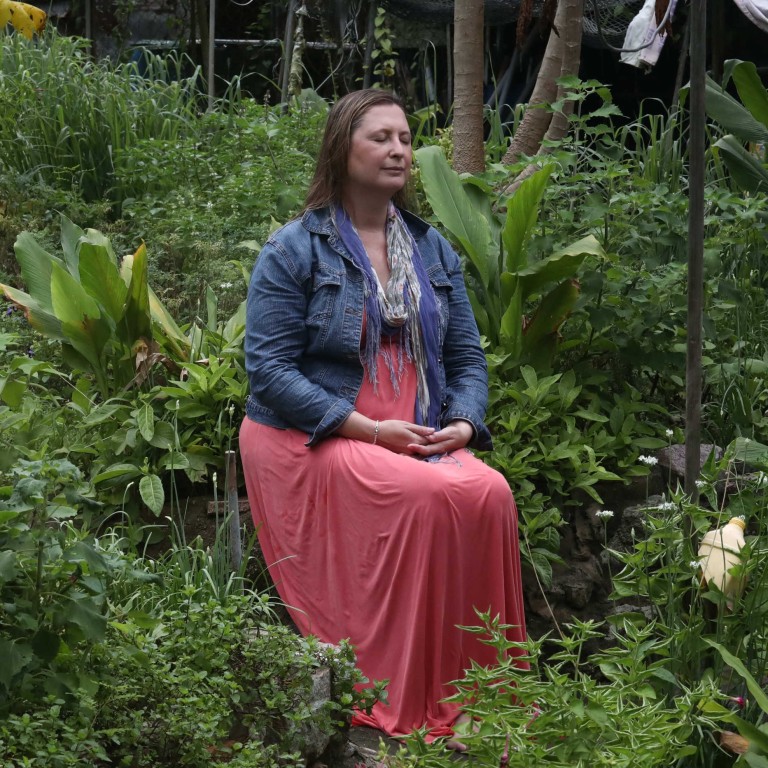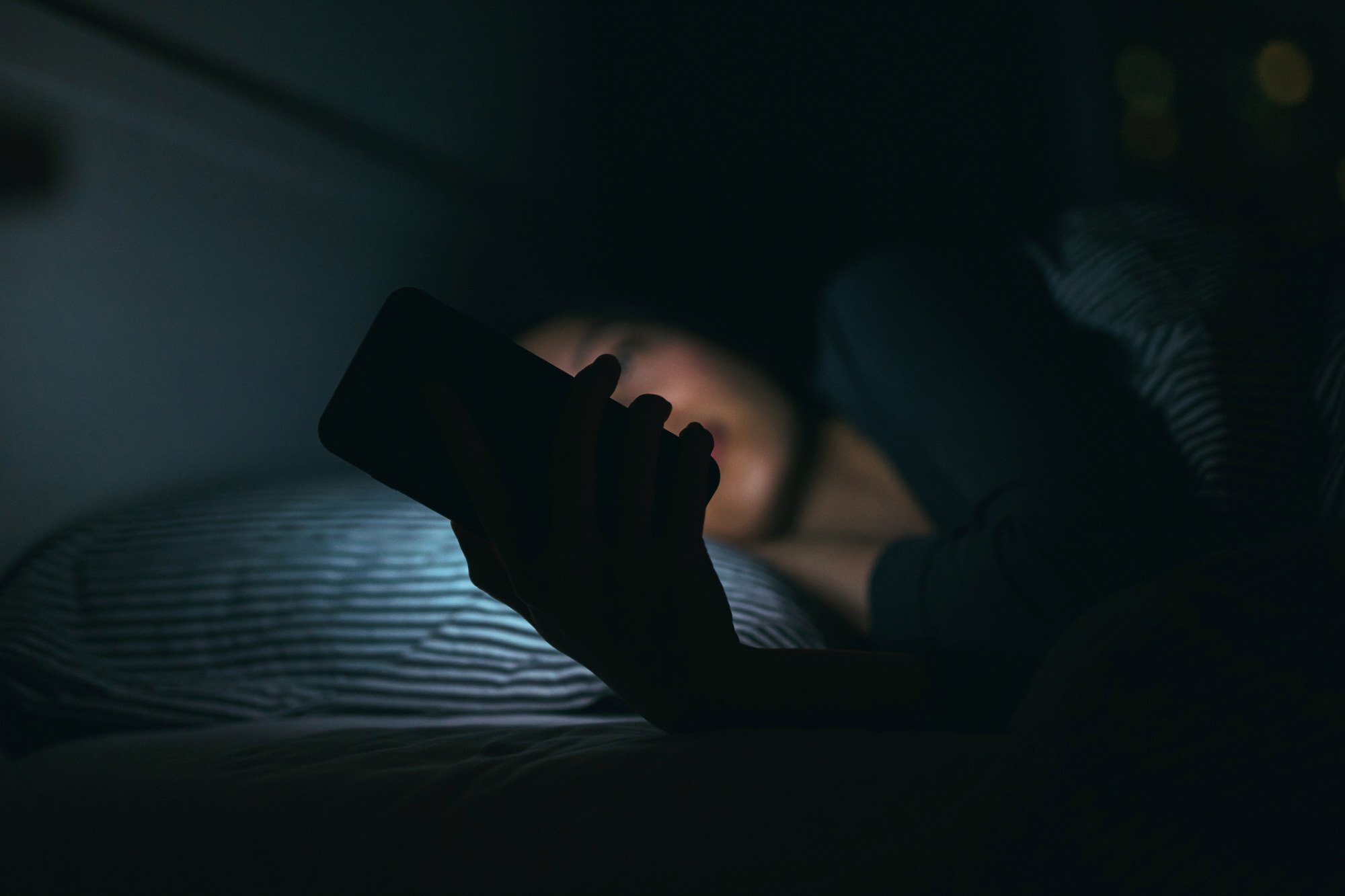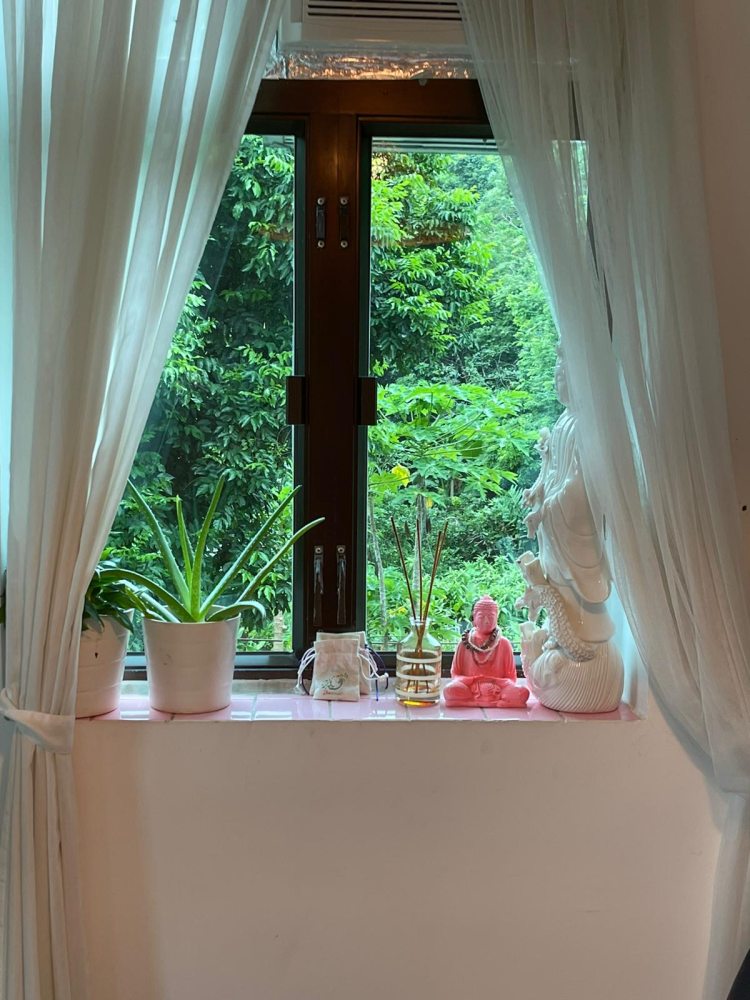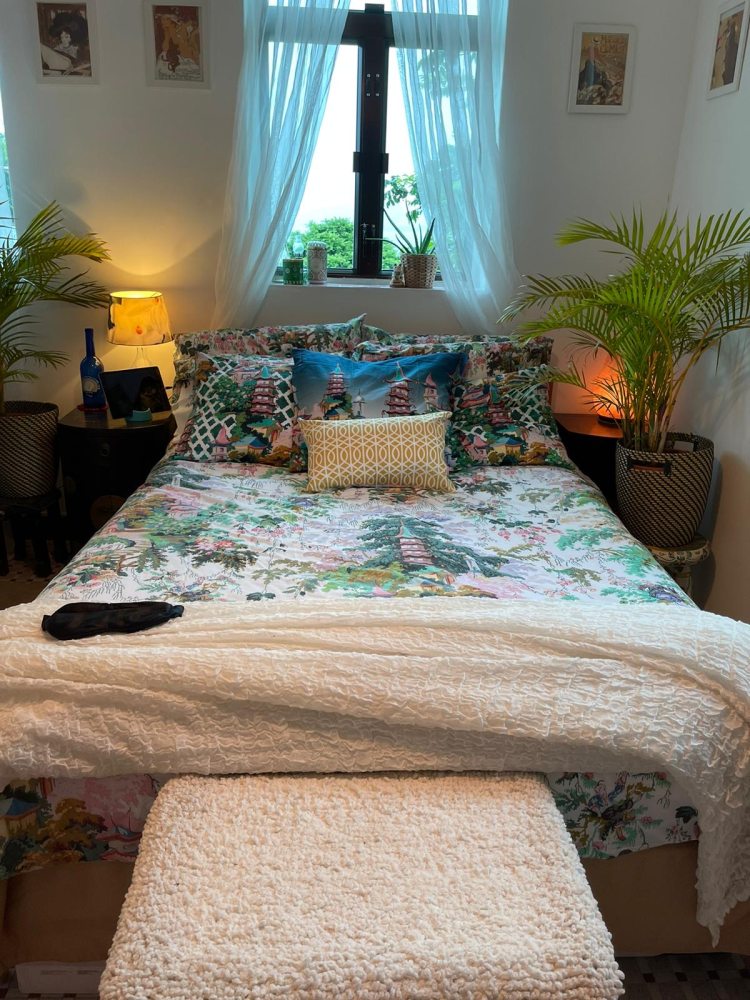
Explainer | Why you need a good night’s sleep every day: not getting any quickly triggers physical and mental problems, study finds
- For a woman in Hong Kong, prolonged street protests helped trigger PTSD and sleep loss. A move to an island and other steps helped her overcome insomnia
- A study has shown how quickly bad sleep affects your physical health and mental well-being. A psychiatric expert explains how to make sure you get enough
Beth Dorrough thought she had her mental health in check when she moved to Hong Kong in 2014.
Ten years earlier, while living in Sydney, Australia, she suffered an injury and developed post-traumatic stress disorder (PTSD) and anxiety. Over the next few years, she underwent physical rehabilitation and says she only began to feel “normal” again in 2007.
It wasn’t long after she arrived in Hong Kong that her life was turned upside down once more.

Her sleep was impacted negatively as a result. The 45-year-old, who works in the events, sales and marketing industry, found it hard to quieten her mind at night. She used over-the-counter sleeping pills and would have some wine or watch television to help her doze off. She often stayed awake until three or four in the morning; sometimes she even had nightmares.
“My sleep quality was poor and I’d wake up in the mornings, groggy and feeling anxious about going to work,” Dorrough says. “I had trouble thinking clearly during the day, had no energy and rarely felt positive about anything.”
Why Hong Kong is one of the world’s most stressful cities
In 2016, Dorrough changed her lifestyle and found a way to curb her insomnia. She moved from hectic Causeway Bay on Hong Kong Island to idyllic Lamma Island – its southwest corner, to be precise. She also turned to meditation.

Participants who slept less than six hours a night reported feeling angry, nervous, lonely, irritable and frustrated, and experienced more physical symptoms, such as upper respiratory tract issues, aches and gastrointestinal problems.
Another study by researchers from Australia and New Zealand found that a month’s bad sleep could lead to mental health problems a year later. The researchers concluded that promoting adequate sleep might benefit one’s psychological well-being. The results of their analysis were published in January 2021 in the journal Sleep Health.
“There’s a close bidirectional relationship between sleep and depression,” says Dr Joey Chan Wing-yan, an associate professor in the department of psychiatry at the Chinese University of Hong Kong.
“In patients with depression, as much as 90 per cent have sleep complaints. Persistent insomnia worsens the outcomes of depression and increases the risk of suicide. Chronic sleep disturbance also increases the risk of developing or having a relapse of depression.”


The National Sleep Foundation in the United States recommends seven to nine hours of sleep a night for adults. Chan says that shift work and an overwhelming work or social schedule typically prevent us from getting this amount. Other common sleep stealers include stress, insomnia, sleep apnoea (abnormal breathing when asleep) and chronic pain.
To fall asleep quickly and naturally, Chan recommends going to bed and waking up at the same time every day. This stabilises our biological clock, which gives us the signal to sleep at the right time.

On rare nights when she awakens, she turns to Australian Michael Sealey’s YouTube channel to listen to a soothing guided sleep hypnosis track to fall back asleep.
The big picture we’re not seeing when we obsess about sleep
“Most nights, I go to bed at 9pm and wake up refreshed. I’m calmer, happier and more positive and have plenty of energy to get through the day.”
Like what you read? Follow SCMP Lifestyle on Facebook, Twitter and Instagram. You can also sign up for our eNewsletter here.

